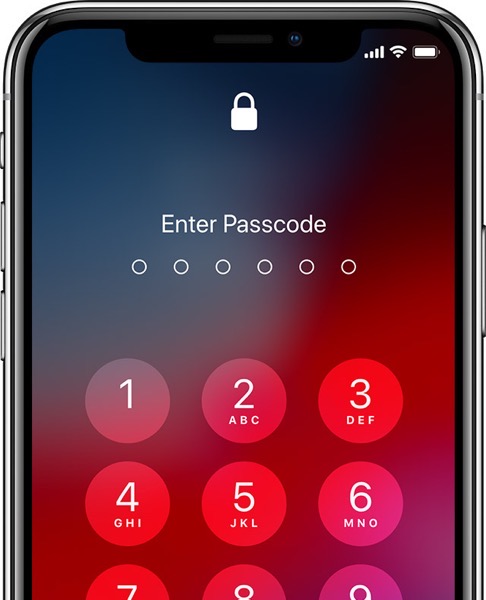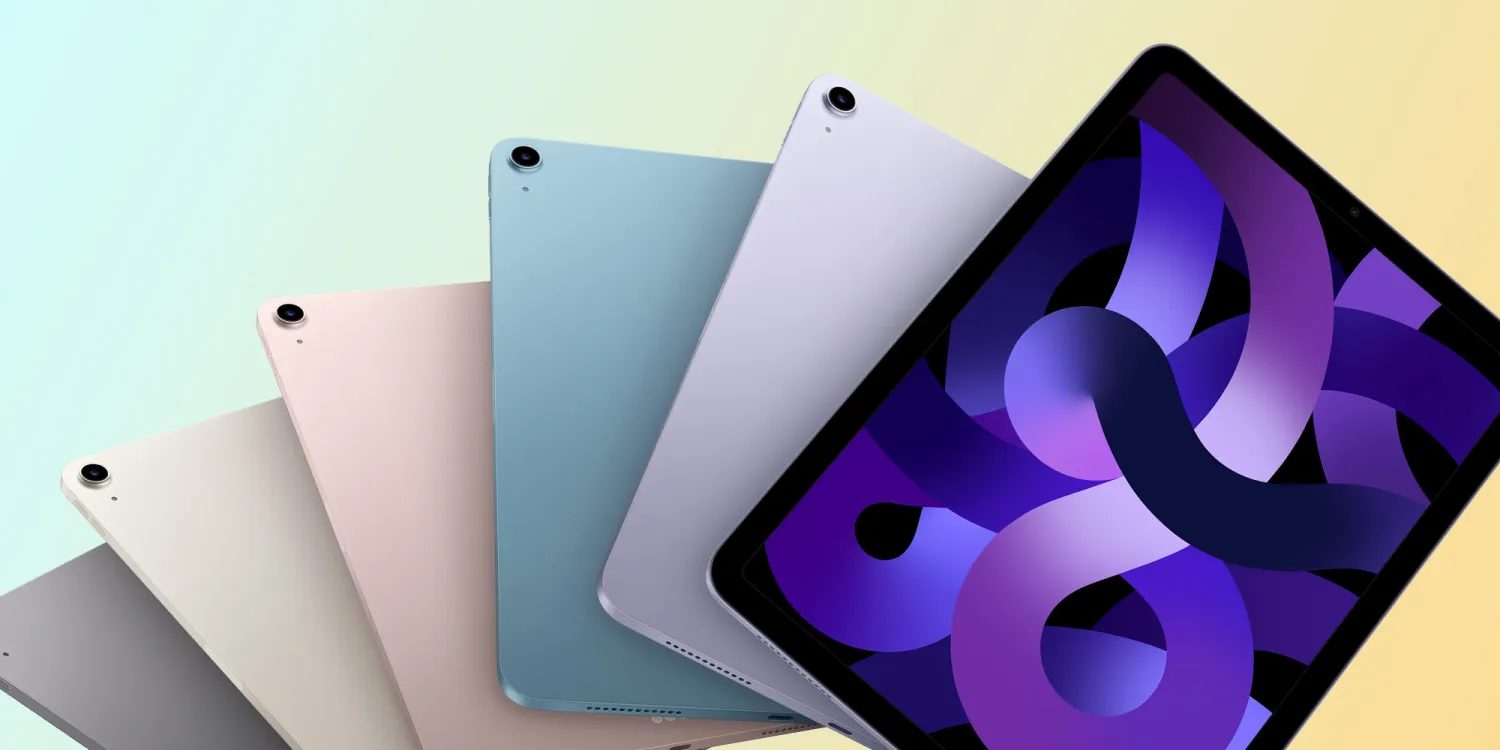
Even Looking at Phone’s Lock Screen Qualifies as Searching it, Rules US Court
Thanks to the Fourth Amendment of the US Constitution, police and federal investigators in the U.S. normally require a warrant to go through a suspect’s phone for location data and other personal information. But now, a US District Court has ruled that even turning on a phone qualifies as searching it, ArsTechnica is reporting.

According to District Judge John Coughenour, the police looking at the phone at the time of the arrest and the FBI looking at it again after the fact are two separate issues. He ruled that while the police are allowed to conduct searches without a warrant under special circumstances, including looking at the phone’s lock screen, the FBI cannot do it without one.
The ruling came in response to a motion filed by a man named Joseph Sam from Washington, who was arrested in May 2019 and was indicted on several charges related to robbery and assault. When he was arrested, he says, one of the officers hit the power button to bring up the phone’s lock screen.
“Here, the FBI physically intruded on Mr. Sam’s personal effect when the FBI powered on his phone to take a picture of the phone’s lock screen.” That qualifies as a “search” under the terms of the Fourth Amendment, he found, and since the FBI did not have a warrant for that search, it was unconstitutional.
The judge basically ruled that the FBI pushing the button on the phone to activate the lock screen qualified as a search, regardless of the lock screen’s nature.

